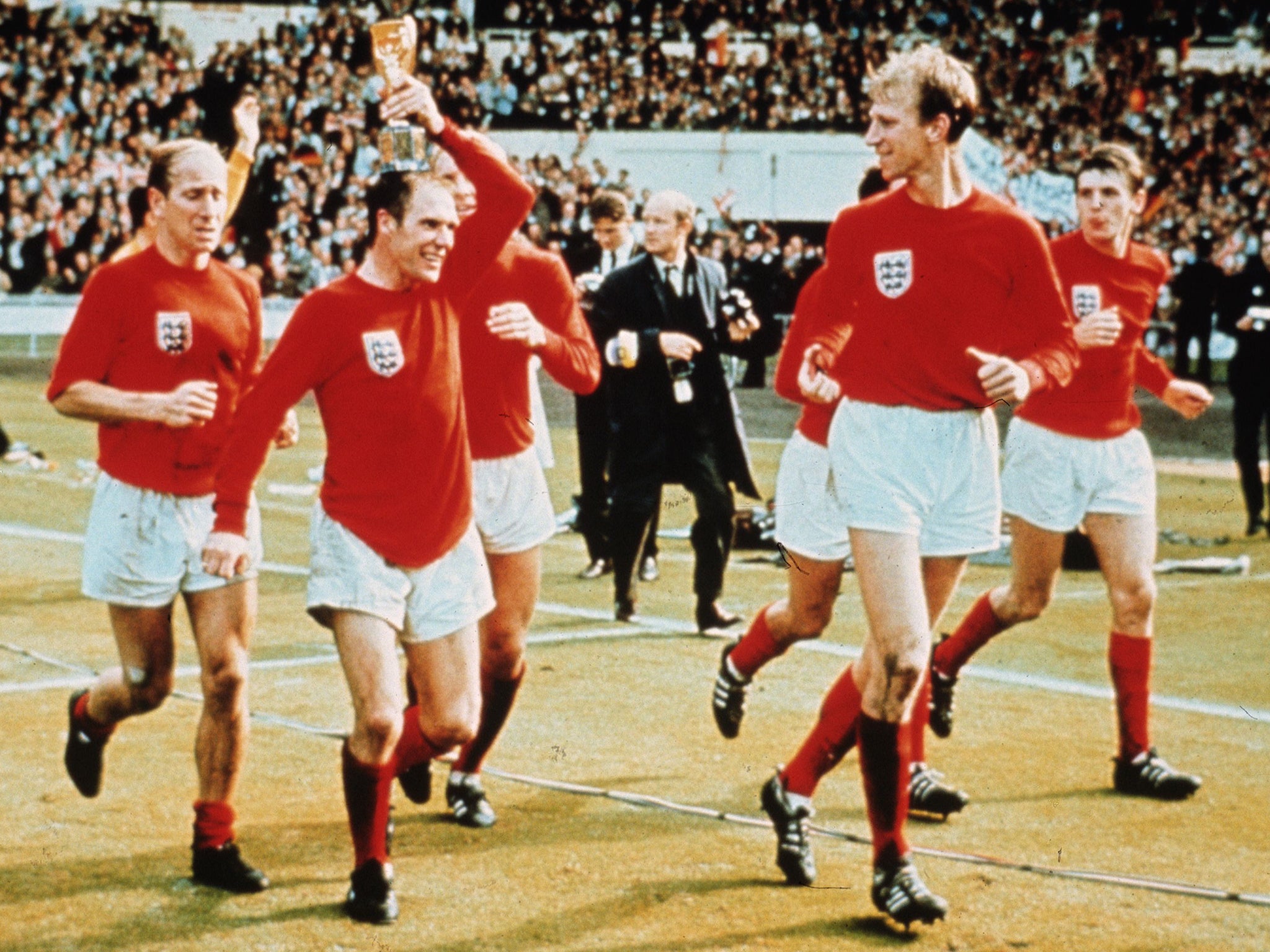Rewatching old football matches helps dementia and mental health, medical experts say
Reliving emotional memories strengthens brain activity, research shows

Your support helps us to tell the story
From reproductive rights to climate change to Big Tech, The Independent is on the ground when the story is developing. Whether it's investigating the financials of Elon Musk's pro-Trump PAC or producing our latest documentary, 'The A Word', which shines a light on the American women fighting for reproductive rights, we know how important it is to parse out the facts from the messaging.
At such a critical moment in US history, we need reporters on the ground. Your donation allows us to keep sending journalists to speak to both sides of the story.
The Independent is trusted by Americans across the entire political spectrum. And unlike many other quality news outlets, we choose not to lock Americans out of our reporting and analysis with paywalls. We believe quality journalism should be available to everyone, paid for by those who can afford it.
Your support makes all the difference.Watching old football matches can be good for mental wellbeing, health experts have said.
As England fans gear up to watch their team's quarter-final clash with Sweden, Professor Alistair Burns said that older people in particular can benefit from watching classic football matches like England's 1966 World Cup final victory.
The power of sport can stimulate emotion which can be revived many years after the event.
Emotional memory, which is one of two main types of memory in the human brain, can be more powerful than memory for personal events, so as people in later life relive exciting or tense moments it can stimulate memories, potentially strengthening brain activity.
Professor Burns, who is NHS England's clinical director for dementia, said: "Although fans may not feel it this week, football can be good for your nerves. The beautiful game really can help your mind and body.
"As well as being great physical exercise, there is a positive link between watching classic football matches and keeping the mind active.
"For people in old age and dealing with dementia, re-watching matches can rekindle past memories, connect people with their past and keep the brain active.
"Johan Cruyff was right when he said that football is a game you play with your mind, and sport of any kind has a unique power to keep the brain going."
The power of sport can stimulate emotion which can be revived many years after the event.
Emotional memory, which is one of two main types of memory in the human brain, can be more powerful than memory for personal events, so as people in later life relive exciting or tense moments it can stimulate memories, potentially strengthening brain activity.
Experts have also found a considerable overlap between the experience of people living with types of dementia and mental ill health.
Across the UK, an estimated 850,000 people live with dementia, while mental ill health affects almost eight million people aged over 55.
Tony Jameson-Allen, co-founder of the Sporting Memories Foundation, which tackles dementia, depression and loneliness, said: "Sport unites communities and generations, it stirs the soul and can reawaken powerful emotions.
"Every week we witness the positive impact recalling golden moments of great sporting moments has on the physical and mental wellbeing of our group members, many of whom live with dementia.
"Be it Kenneth Wolstenholme's iconic commentary as Sir Geoff Hurst scored his hat-trick, Nobby Stiles doing a jig of delight or Bobby Moore being hoisted on to the team's shoulders holding aloft the Jules Rimet Trophy, these great moments can bring back wonderful, positive memories that can be used to unite generations to tackle three of the biggest challenges facing an ageing population; dementia, depression and loneliness."
Caroline Abrahams, charity director at Age UK, said: "Times like this weekend, when many of us of all ages will be glued to the TV watching England at the World Cup create a positive atmosphere - we hope - and a sense of us all being involved in something that's bigger than ourselves.
"That's a tonic for everyone, especially perhaps for older people whose opportunities to get out and engage with others are less frequent than they used to be, or than they'd ideally like."
Press Association
Join our commenting forum
Join thought-provoking conversations, follow other Independent readers and see their replies
Comments